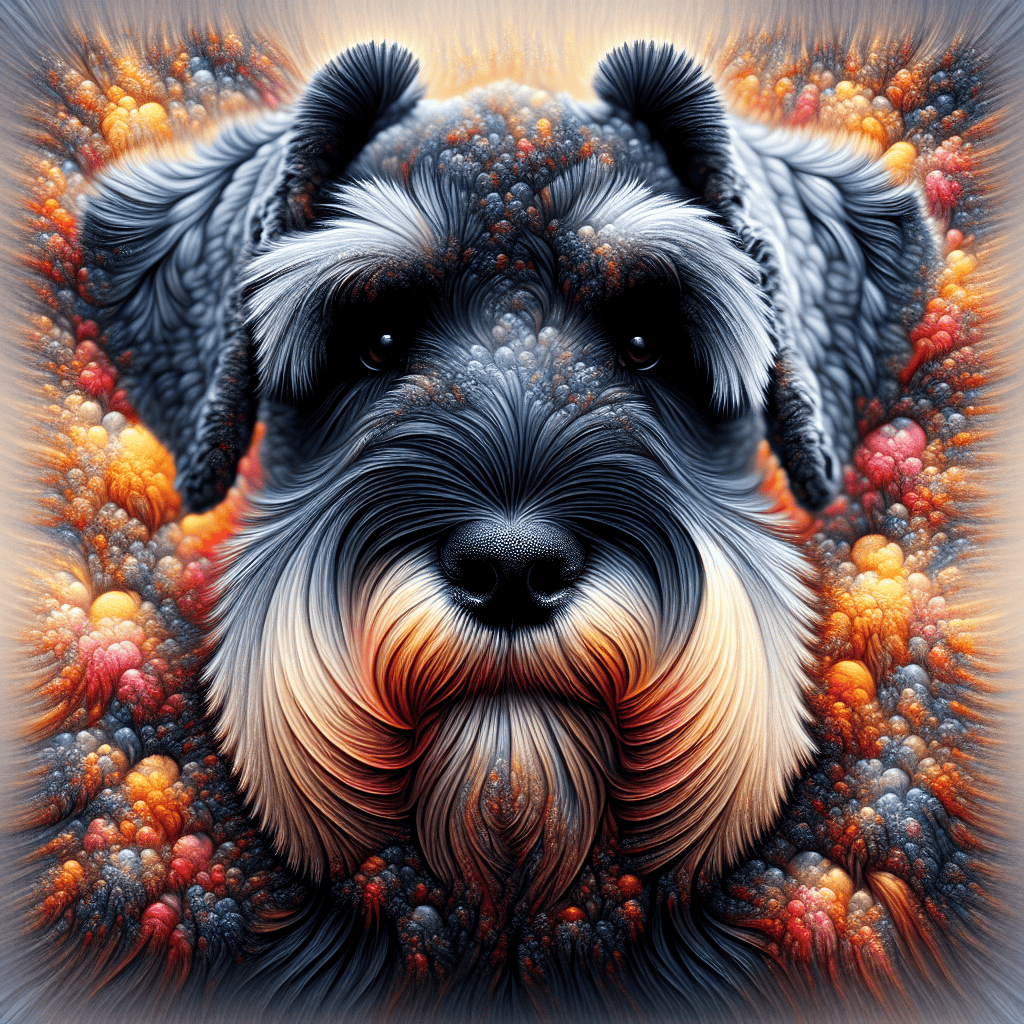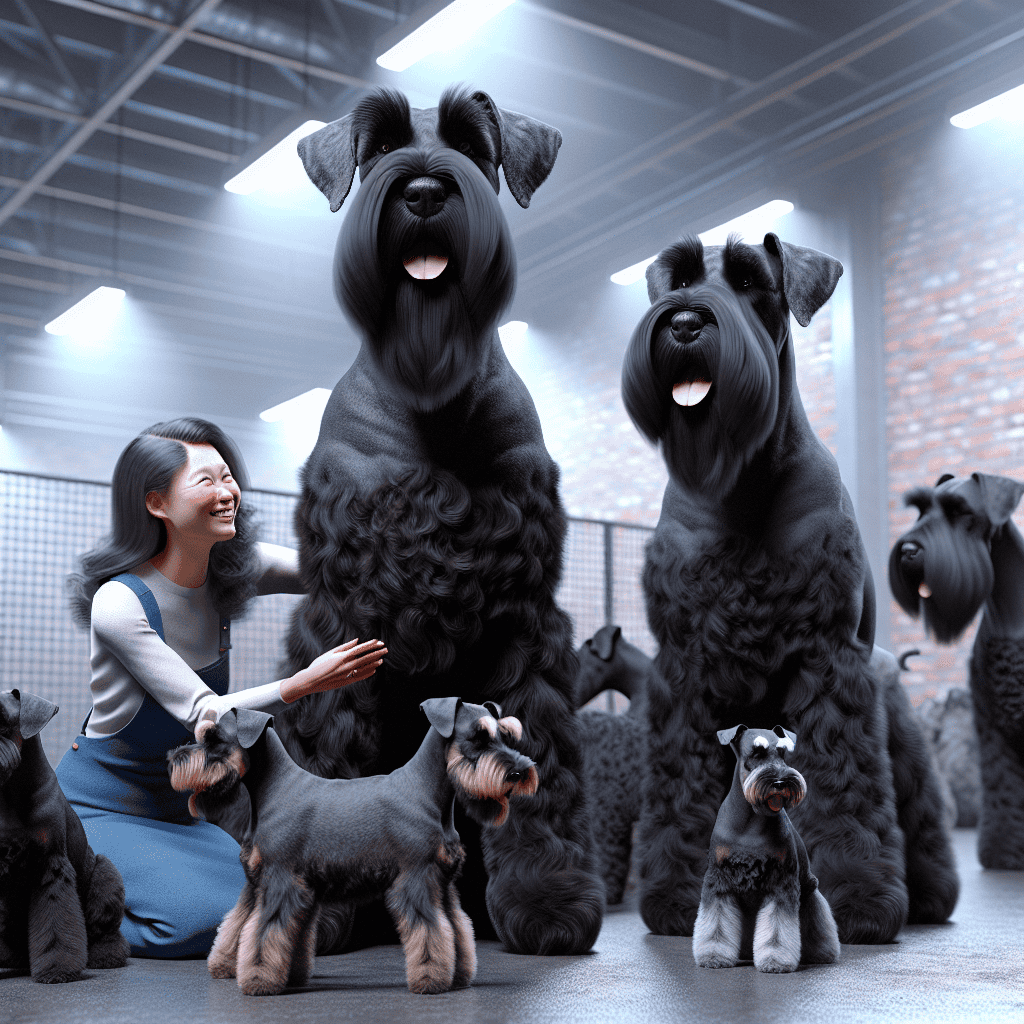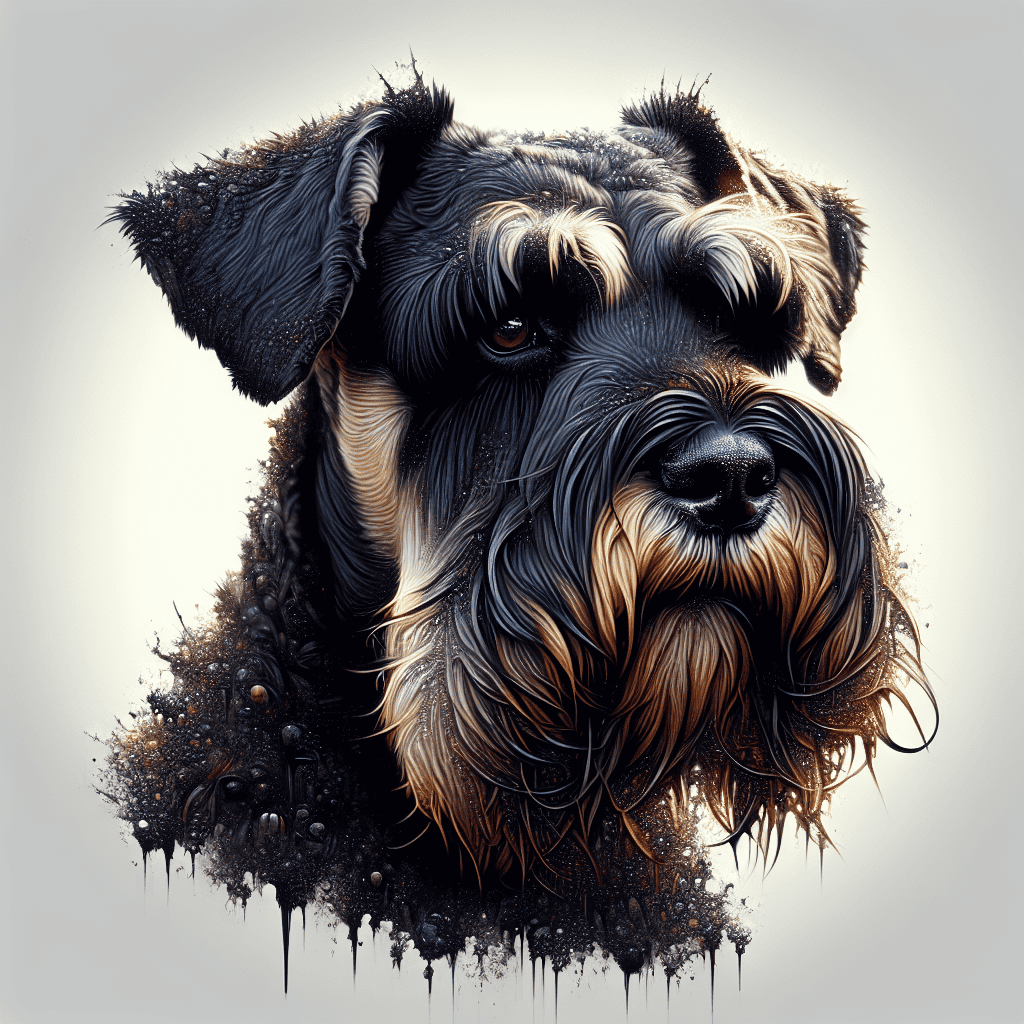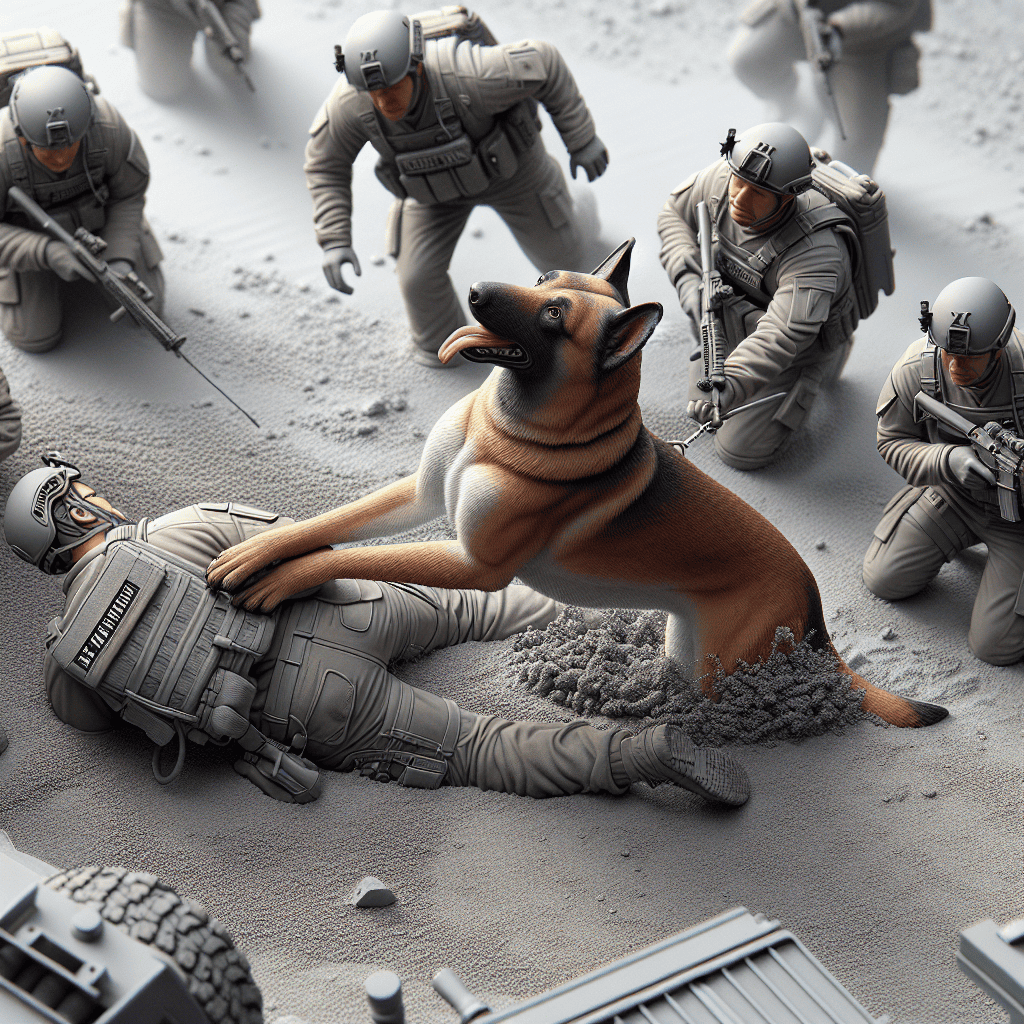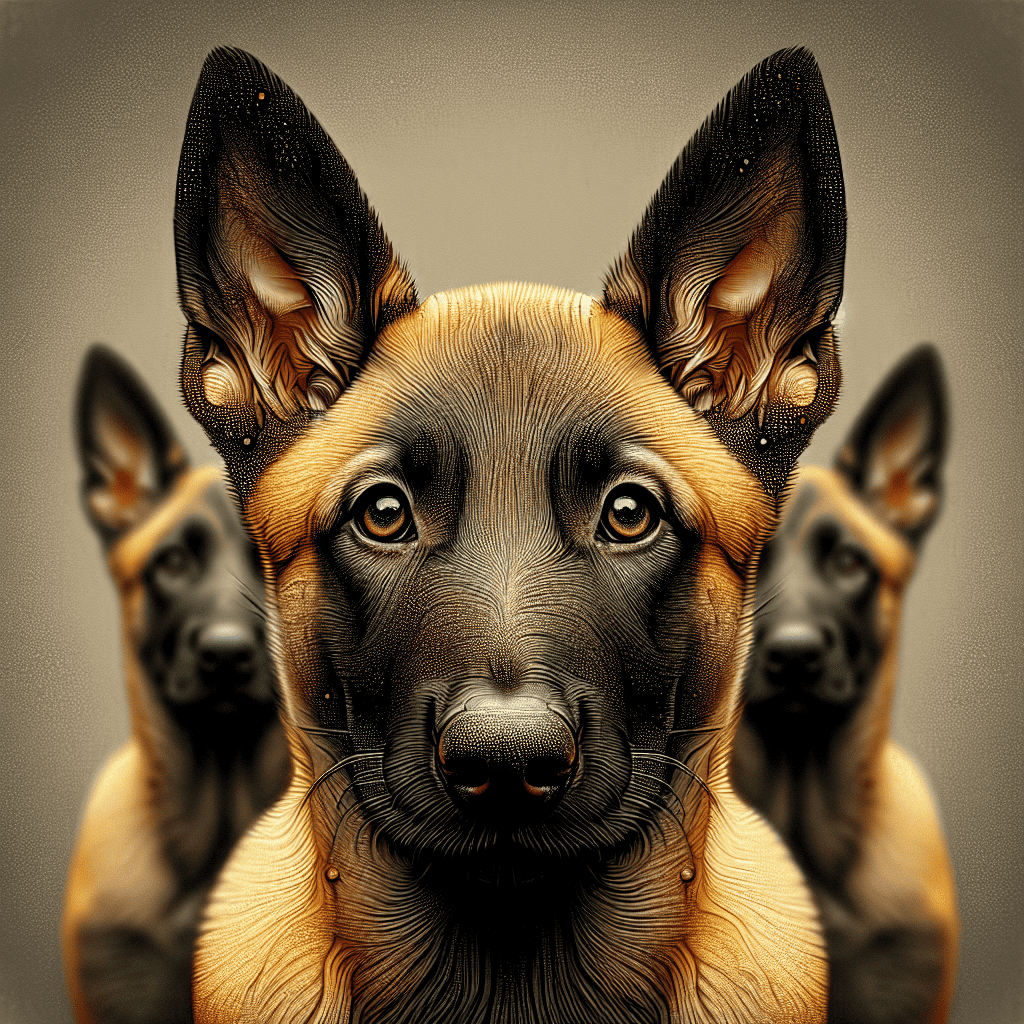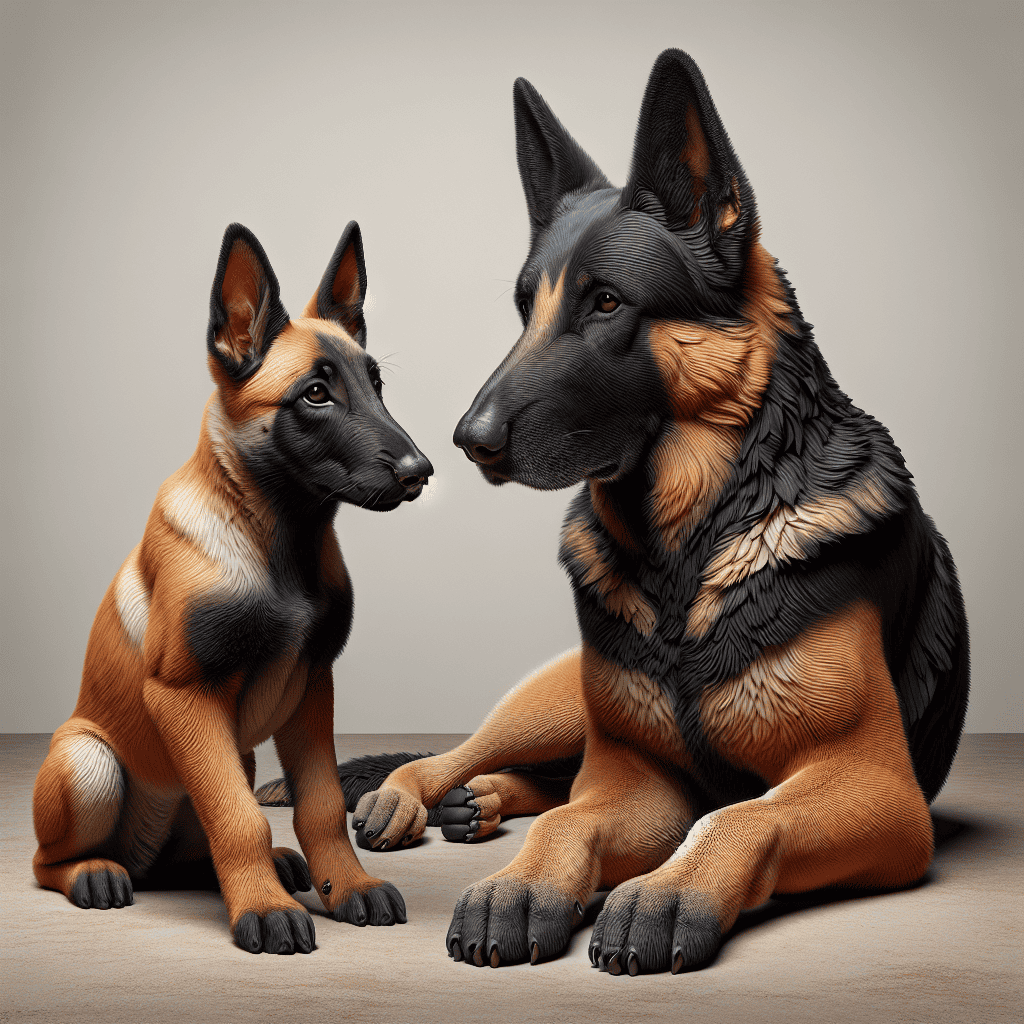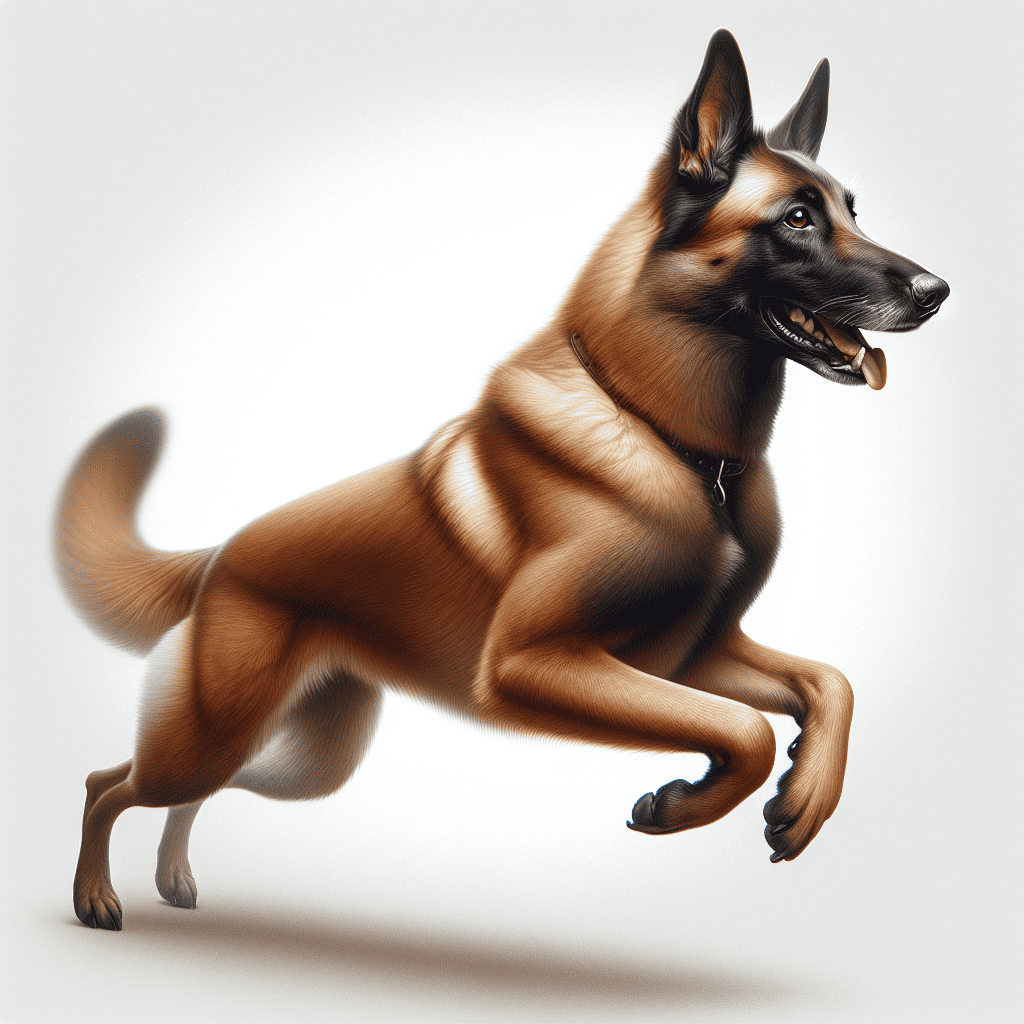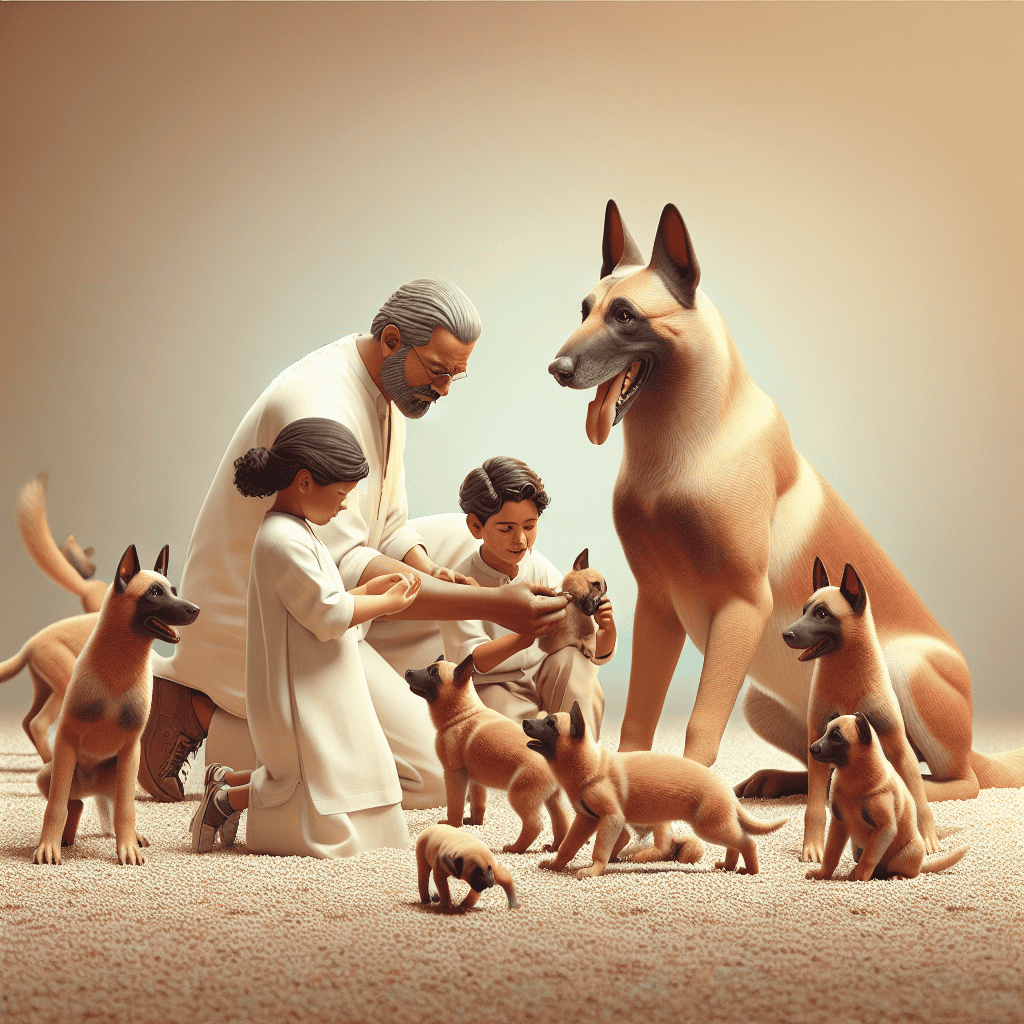Giant Schnauzer Overview
The Giant Schnauzer is a versatile and intelligent breed that has a rich history and a distinct temperament. Understanding their background and origin is essential in decoding their unique personality.
History and Origin
Giant Schnauzers originated in Germany and were initially bred for various working roles. They were commonly employed as cattle dogs, driving and herding livestock. They also had jobs in butcher shops and stockyards, where their intelligence and strength made them valuable assets. Additionally, they were known for their ability to guard breweries, protecting valuable assets within the premises (DogTime).
Working Background
The working background of the Giant Schnauzer plays a significant role in shaping their temperament and behavior. As a working breed, they possess a strong work ethic and a natural drive to perform tasks. This characteristic can still be observed in modern-day Giant Schnauzers, as they excel in various dog sports and activities, such as obedience, agility, and even search and rescue work.
Due to their history as working dogs, Giant Schnauzers have developed a protective nature towards their home and family. They often exhibit guarding instincts, which can manifest as barking at strangers within their territory. While they may appear intimidating, they are typically not aggressive unless trained to be so. Proper socialization and training from an early age are crucial to ensure that their protective instincts are channeled appropriately.
Understanding the history and working background of the Giant Schnauzer provides valuable insights into their temperament and behavior. Their protective nature and strong work ethic make them loyal and dedicated companions. However, it is important to provide them with proper training and socialization to ensure they can thrive in various environments. For more information on this breed, consider exploring our article on giant schnauzer breed.
Giant Schnauzer Characteristics
Giant Schnauzers possess distinct temperament traits that make them unique and sought-after companions. Their intelligence and trainability contribute to their overall personality and suitability as pets.
Temperament Traits
Giant Schnauzers are known for their loyal and protective nature, making them excellent guard dogs (Schnauzer Forum). They have a strong instinct to protect their home and family, often displaying alertness and vigilance in unfamiliar situations. This protective nature can manifest through barking at strangers within their territory and, in some cases, charging or rushing to scare trespassers away. However, it is important to note that Giant Schnauzers are not generally attack-type dogs unless specifically trained to be so.
Once properly introduced and accepted, Giant Schnauzers are usually friendly towards visitors, although they may greet them by jumping up and displaying boisterous behavior. Early socialization and training are essential to prevent undesirable chasing behaviors and promote positive interactions with both humans and other animals.
Intelligence and Trainability
Giant Schnauzers are highly intelligent dogs that excel in various training activities. They were originally bred as working dogs in Germany, performing tasks such as driving cattle, working in butcher shops, and guarding breweries. This working background contributes to their intelligence and drive, making them receptive to training and eager to learn.
Positive reinforcement methods, such as rewards and praise, work best when training Giant Schnauzers (Schnauzer Forum). They respond well to consistent and patient training techniques, allowing them to master commands and tasks with relative ease. Their intelligence and trainability make them well-suited for various activities, including obedience trials, agility courses, and even advanced tricks.
It is important to start training Giant Schnauzers from a young age to establish good behavior patterns and reinforce positive habits. Early socialization is also crucial to ensure that they become well-rounded and adaptable dogs.
By understanding the temperament traits and the intelligence of Giant Schnauzers, prospective owners can appreciate their unique characteristics and provide the appropriate training and socialization needed for a happy and well-behaved companion.
Giant Schnauzer Care
Proper care is essential to ensure the well-being and happiness of your Giant Schnauzer. This section will cover their exercise needs, socialization and training requirements, as well as important health considerations.
Exercise Needs
Giant Schnauzers are an energetic breed that requires plenty of physical exercise to maintain their overall health and prevent behavioral issues. They thrive in homes with big yards where they can freely run and play. Apartment living may not be suitable for them due to their high energy levels.
To keep your Giant Schnauzer happy and healthy, it’s recommended to provide them with at least 1 hour of vigorous exercise twice a day. This can include activities like brisk walks, jogging, playing fetch, or participating in dog sports such as agility or obedience training. It’s important to note that high-impact activities like jumping from heights should be avoided until maturity (around 1.5 years old) to prevent damage to joint cartilage.
Socialization and Training
Giant Schnauzers have a strong-willed temperament, and early socialization and training are crucial to help them develop into well-rounded and obedient companions. It’s recommended to start socializing and training your Giant Schnauzer from a young age to expose them to various people, animals, and environments.
Proper socialization helps them become more accepting of different situations and reduces the likelihood of aggressive behavior. Positive reinforcement training methods work best with Giant Schnauzers, as they respond well to rewards and praise. Consistency, patience, and firmness are key when training this breed (Schnauzer Forum).
Health Considerations
Giant Schnauzers are generally a healthy breed, but like any dog, they may be prone to certain health issues. Responsible breeders should conduct health tests on breeding dogs to minimize the risk of passing on genetic conditions to their offspring. Common health issues that can affect Giant Schnauzers include epilepsy, hypothyroidism, and cancers. Regular veterinary check-ups, a balanced diet, and appropriate exercise are important for maintaining their overall well-being.
It is recommended to work with a reputable breeder who conducts health tests on their breeding dogs, including tests for congenital defects in the eyes, hip health, thyroid disease, and Von Willebrand’s disease. The breed club health survey indicates that cancers are the leading cause of death within the breed (AKC Giant Schnauzers).
By providing your Giant Schnauzer with regular exercise, early socialization and training, and proper healthcare, you can ensure that they lead a happy and fulfilling life. Remember to consult with your veterinarian for personalized care recommendations based on your dog’s specific needs.
Giant Schnauzer Behavior
Understanding the behavior of the Giant Schnauzer is essential for owners looking to provide the best care and training for this breed. Two important aspects of their behavior to consider are their guarding instincts and prey drive, as well as the role of socialization.
Guarding Instincts
Giant Schnauzers are known for their loyal and protective nature, making them excellent guard dogs (Schnauzer Forum). Bred originally as cattle dogs, their instinct to protect their home and family is deeply ingrained. They will often bark at strangers within their territory and may rush or charge to scare trespassers away. However, it’s important to note that they are not typically attack dogs unless specifically trained to be so.
Once accepted, Giant Schnauzers are usually friendly towards visitors, but they may greet them by jumping up and being boisterous. Early socialization and training are required to channel their protective instincts in a positive and appropriate manner. This will help them differentiate between genuine threats and normal interactions.
Prey Drive and Socialization
Giant Schnauzers have a high prey drive, which means they may be inclined to chase fast-moving objects such as cyclists, joggers, squirrels, and birds. Early socialization and training are crucial to prevent undesirable chasing behaviors and to help them develop appropriate responses to various stimuli.
When it comes to interacting with other dogs, Giant Schnauzers tend to get along well with other large breed dogs, especially if they are spayed or neutered. However, they may not be as accepting of the same gender of another large breed. Proper socialization from an early age is important to ensure they learn how to appropriately interact with other dogs and understand acceptable boundaries.
By understanding and addressing their natural instincts, owners can provide appropriate guidance, training, and socialization to help Giant Schnauzers become well-rounded and well-behaved companions. It’s important to remember that each dog is an individual, and consistent training and positive reinforcement will play a significant role in their behavior and development. For more information on Giant Schnauzers, visit our article on giant schnauzer breed.
Giant Schnauzer as a Family Pet
Giant Schnauzers make wonderful family pets and can form strong bonds with their human companions. Their loyal and protective nature, combined with their intelligence and trainability, contribute to their suitability as family pets. However, it’s important to understand the specific aspects of owning a Giant Schnauzer to ensure a harmonious relationship.
Family Bonding
Giant Schnauzers love their families and thrive when they are allowed to be a part of the family unit. They are not fond of being excluded or isolated for extended periods and may develop separation anxiety if left alone for too long. To prevent this, it’s crucial to provide them with plenty of attention, exercise, and mental stimulation.
Regular exercise is essential for Giant Schnauzers to keep them physically and mentally stimulated. They require at least 1 hour of vigorous exercise, free running, and mental stimulation twice a day (AKC Giant Schnauzers). Engaging in activities such as obedience training, agility, and other disciplines can provide mental challenges that keep them engaged and prevent boredom.
Separation Anxiety
Due to their strong attachment to their families, Giant Schnauzers may experience separation anxiety if left alone for prolonged periods. Separation anxiety can manifest through behaviors like excessive barking, destructive chewing, or inappropriate elimination. To prevent or manage separation anxiety, it’s important to gradually acclimate your Giant Schnauzer to being alone, starting with short periods and gradually increasing the duration. Providing them with interactive toys or puzzles can help keep them mentally stimulated during your absence.
Creating a safe and comfortable space for your Giant Schnauzer when you are not at home can also help alleviate separation anxiety. Consider using a crate or a designated area where they feel secure. Ensuring that they have access to their favorite toys, a comfortable bed, and some background noise can also help them feel more at ease.
Remember, proper exercise, mental stimulation, and training are essential for Giant Schnauzers, as they are an active and intelligent breed. By providing them with the care and attention they need, Giant Schnauzers can thrive as loving and loyal family pets.
To learn more about Giant Schnauzers, their care, and finding reputable breeders, visit our articles on giant schnauzer puppies for sale, giant schnauzer grooming, and giant schnauzer breeders.
Giant Schnauzer Breeding and Health
When it comes to breeding and maintaining the health of Giant Schnauzers, responsible practices are of utmost importance. Breeders who prioritize the health and temperament of their dogs play a crucial role in ensuring the well-being of the breed.
Responsible Breeding Practices
Reputable Giant Schnauzer breeders adhere to responsible breeding practices. This includes conducting necessary health screenings for potential breeding dogs and carefully selecting mating pairs to minimize the risk of passing on inheritable health issues. By prioritizing the health and temperament of the dogs, responsible breeders contribute to the overall well-being and quality of the breed.
Common Health Issues
While Giant Schnauzers are generally a healthy breed, there are some health issues that can occur. It is important for breeders to be aware of these conditions and take appropriate measures to prevent or manage them. Common health issues in Giant Schnauzers may include epilepsy, hypothyroidism, and certain types of cancers.
Responsible breeders should conduct health screenings for congenital defects in the eyes, hip health, thyroid disease, and Von Willebrand’s disease before breeding. Regular health evaluations and testing can help identify potential issues early on, allowing breeders to make informed decisions and take necessary precautions.
According to the breed club health survey, cancers are the leading cause of death within the Giant Schnauzer breed. Breeders should stay vigilant and work towards minimizing the occurrence of these conditions through careful breeding practices and ongoing health monitoring.
Exercise Guidelines
Proper exercise is essential for the overall well-being and vitality of Giant Schnauzers. These energetic dogs require daily exercise to keep them physically fit and mentally stimulated. It is recommended to provide at least 1 hour of vigorous exercise, free running, and mental stimulation twice a day.
While regular exercise is beneficial, it is important to avoid high-impact activities, such as jumping from heights, until the dog reaches maturity (around 1.5 years old). This precaution helps prevent damage to joint cartilage and ensures proper joint development. Maintaining a lean weight is also crucial in preventing damage to growing joints.
By following these exercise guidelines, breeders and owners can help Giant Schnauzers maintain their physical health and prevent potential joint issues.
When looking for a Giant Schnauzer, it is essential to seek out reputable breeders who prioritize the health and well-being of their dogs. Responsible breeding practices and ongoing care contribute to the overall health and temperament of the breed, ensuring that future generations of Giant Schnauzers thrive.






